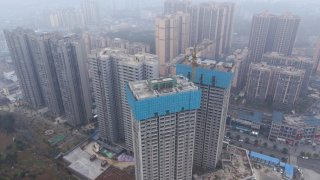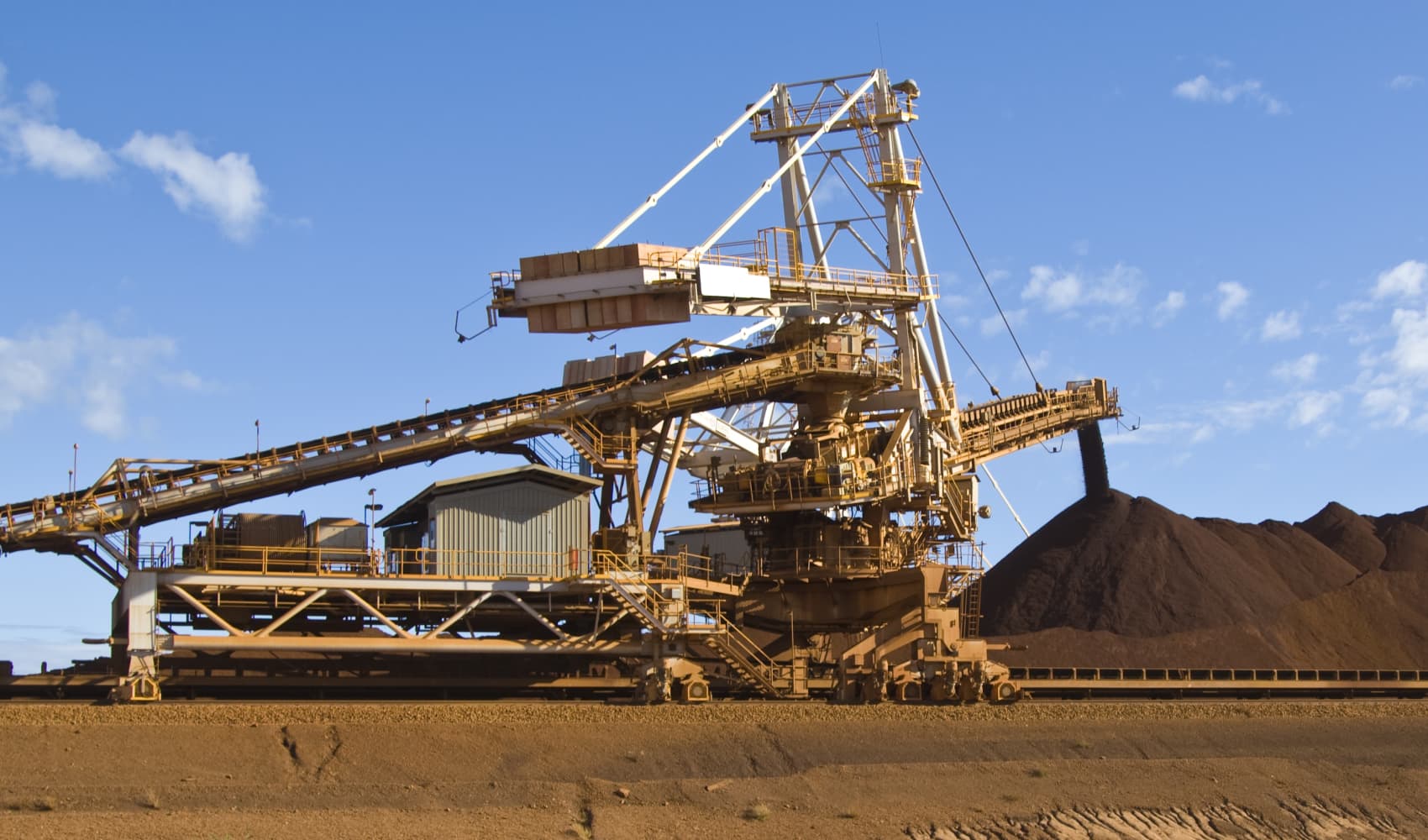
- Prolonged stress in China's real estate market would negatively affect different sectors to different degrees, according to analysis by Fitch Ratings.
- Their analysis identified three kinds of businesses most vulnerable to persistent troubles in Chinese real estate.
- While China has not necessarily entered such a stress scenario yet, Fitch said the recent mortgage strike could diminish confidence in the property market, delaying a recovery and causing ripple effects through the domestic economy.
BEIJING — China's real estate troubles could spill into other major sectors if the problems persist — and three particular businesses are most vulnerable, according to ratings agency Fitch.
Since last year, investors have worried that Chinese property developers' financial problems could spread to the rest of the economy. In the last two months, many homebuyers' refusal to pay their mortgages have brought developers' problems to the forefront again — while China's economic growth slows.
"If timely and effective policy intervention does not materialise, distress in the property market will be prolonged and have effects on various sectors in China beyond the property sector's immediate value chain," Fitch analysts said in a report Monday.
Get a weekly recap of the latest San Francisco Bay Area housing news. Sign up for NBC Bay Area’s Housing Deconstructed newsletter.
Under such a stress scenario, Fitch analyzed the impact over the next 12 to 24 months on more than 30 kinds of businesses and government entities. The firm found three that are most vulnerable to real estate's troubles:
1. Asset management companies
These firms "hold a sizeable amount of assets that are backed by real estate-related collateral, making them highly exposed to prolonged property-market distress," the report said.
Money Report
2. Engineering, construction firms (non state-owned)
“The sector in general has been in difficulty since 2021. ... They do not have competitive advantages in infrastructure project exposure or funding access relative to their [government-related] peers," the report said.
3. Smaller steel producers
"Many have been operating at a loss for a few months and could face liquidity issues if China's economy remains lacklustre, especially given the high leverage in the sector," the report said.
Fitch said construction accounts for 55% of steel demand in China.
The slowdown in real estate has already dragged down broader economic indicators like fixed asset investment and the furniture sales component of retail sales.
Official data show residential housing sales fell by 32% in the first half of this year from a year ago, Fitch pointed out. The report cited industry research as indicating the 100 largest developers likely saw even worse performance — with sales down by 50%.
Impact on other sectors
While Fitch's base case assumes China's property sales will return to growth next year, the analysts warned that "deterioration in homebuyers' confidence could stall the sales recovery momentum we saw in May and June."
Since late June, many homebuyers have suspended mortgage payments to protest construction delays for apartments they'd already paid for, putting developers' future sales and an important source of cash flow at risk. Developers in China typically sell homes before finishing them.
"Fitch believes the recent rise in the number of homebuyers suspending mortgage payments over stalled projects underlines the potential for China's property crisis to deepen, as diminishing confidence could stall the sector's recovery, which will eventually ripple through the domestic economy," the report said.
The analysis provided by Fitch generally found that large and central government-affiliated businesses were less vulnerable to a deterioration in real estate than smaller firms or those tied to local governments.
Among banks, Fitch said small and regional banks — reflecting about 30% of banking system assets — face greater risks. But the ratings agency noted that risks for Chinese banks overall could rise if authorities significantly relax requirements for lending to troubled real estate developers.
Businesses least vulnerable to real estate's problems were insurers, food and beverage companies, power grid operators and national oil companies, the report said.
Home prices in focus
Chinese real estate developers came under increased pressure about two years ago when Beijing started to crack down on the companies' high reliance on debt for growth.
Numbers like vacancy rates give a sense of how large the real estate problems are.
China's residential property vacancy rate was 12% on average across 28 major cities, according to a report last week by Beike Research Institute, a unit of Chinese real estate sales and rental giant Ke Holdings.
That's second globally only to Japan, and higher than the U.S. vacancy rate of 11.1%, the report said.
If there are strong expectations of falling house prices, those empty apartments could exacerbate market oversupply — and the risk of greater price drops, the report said.
Limited state support
This year, many local governments started to relax homebuying restrictions in an attempt to prop up the real estate sector.
But even with the latest mortgage protests, Beijing has yet to announce large-scale support.
"Even if the authorities intervene aggressively, there's a risk that new homebuyers will still not respond positively to this, particularly if house prices continue to fall, and overall economic outlook is clouded by global economic malaise," Fitch Ratings said in a statement to CNBC.
Fitch emphasized it would take a series of events, rather than just one, to prompt the stress scenario laid out in the report.
The analysts said that if weak market sentiment persisted for the rest of this year, the industries analyzed could be negatively affected through next year.






